LINCOLN - "No institution in this state plays a more pivotal role in providing equal access to justice than Nebraska’s courts. Our judicial branch has the sacred duty of achieving the lofty goals professed in our State’s motto and Constitution. But this is a time when we must ask ourselves, “Is there a way we can do this better?” The answer to that question is yes.
Recently, the Consortium of Tribal, State, and Federal Courts, a part of the Access to Justice Commission, began to hold public engagement sessions across the State of Nebraska, one of the goals of which is the identification of ways to address disparate treatment in our court system
In Nebraska, we have the framework in place to improve access to justice for our young people. We have a Court Improvement Project dedicated to child welfare and juvenile justice issues, focusing on the education of judges and court staff. For several years, our Court Improvement Project has emphasized addressing racial inequities in the Project’s many education programs.
The Administrative Office of the Courts and Probation leads the Juvenile Detention Alternative Initiative (JDAI) in Nebraska. JDAI’s accomplishments include reducing the number of pre-trial incarcerated juveniles in Douglas County from 163 in 2018 to 106 in 2019, and in Lancaster County from 39 in 2018 to 18 in 2019. Now is the time to recommit to the JDAI principles and expand the JDAI program throughout Nebraska.
Racial injustice, implicit bias, and equal access to justice are complex issues but, nonetheless, issues that must be addressed. The initiatives listed above are only a small start. Progress will not come overnight, but it is imperative that we all do a better job of aspiring to the goals embraced in our State motto and our State Constitution."
Read the statement HERE.
